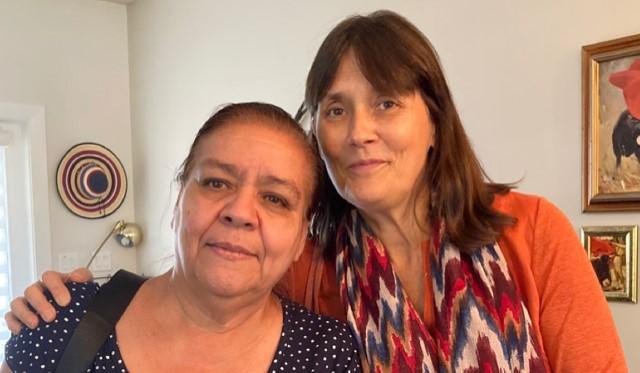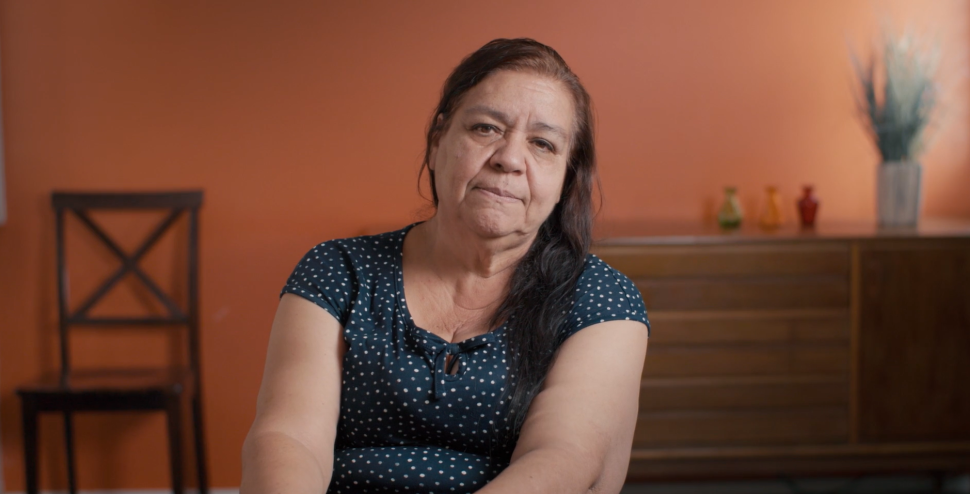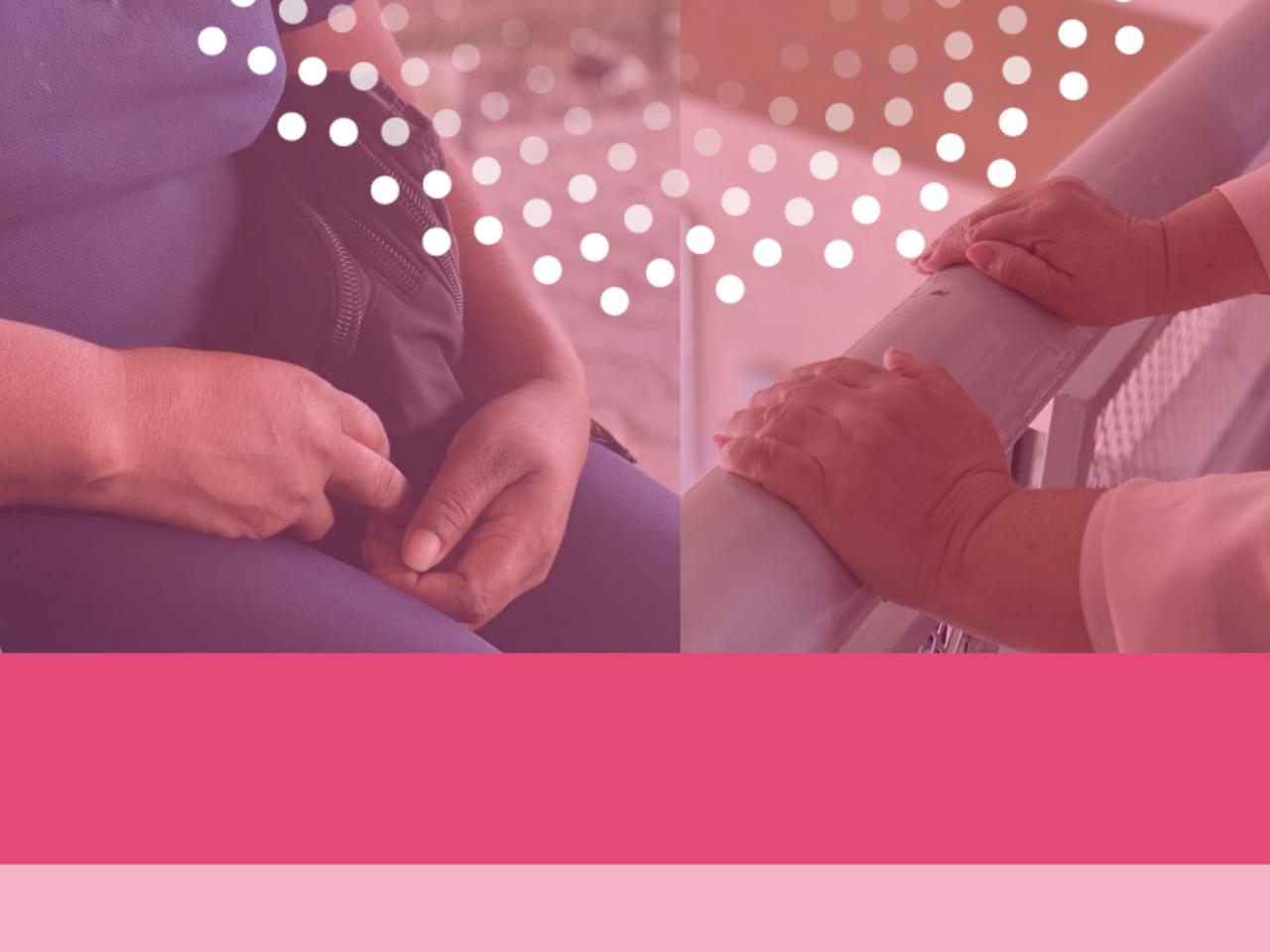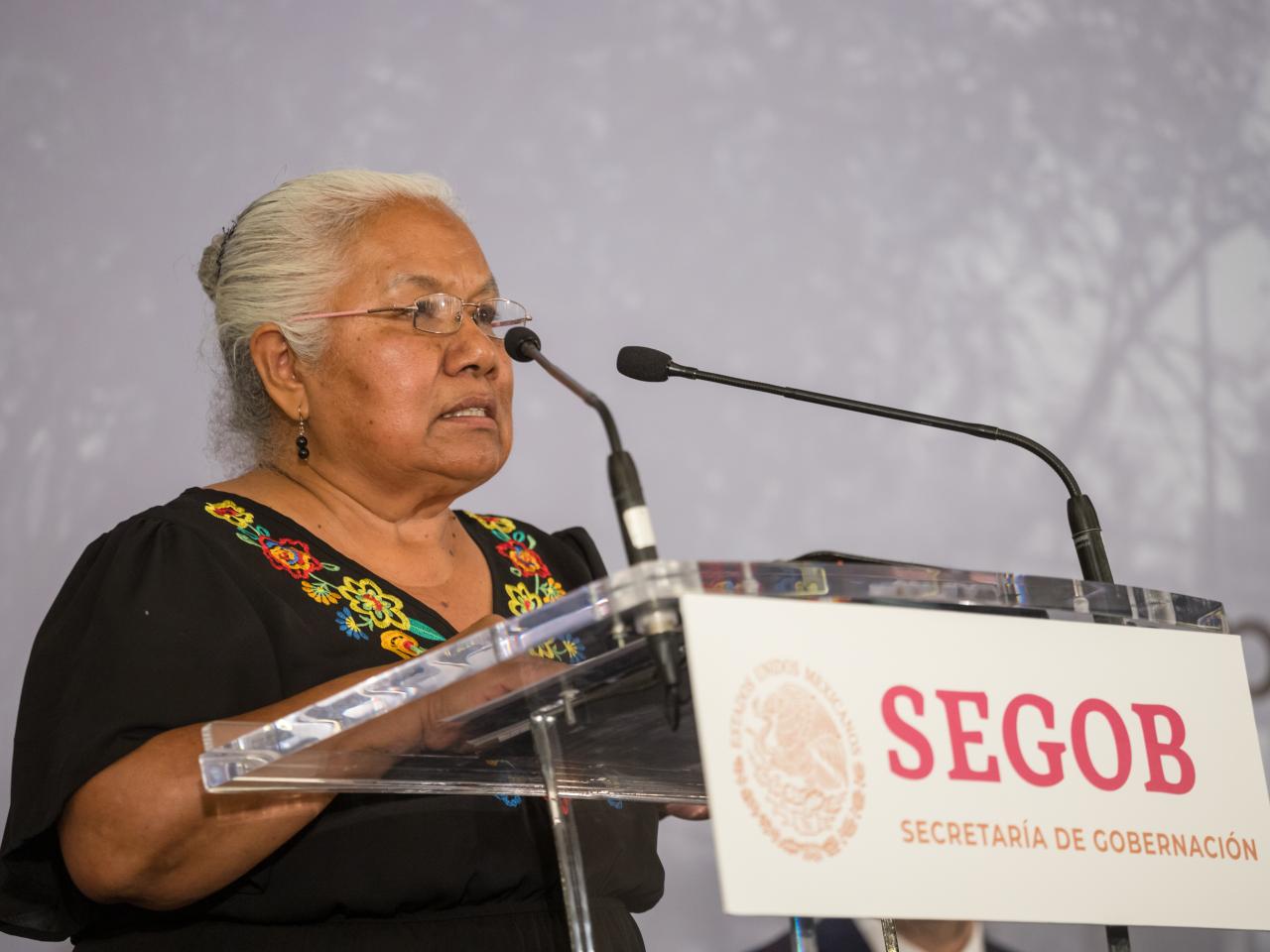In Mexico, a mother’s fight against femicide
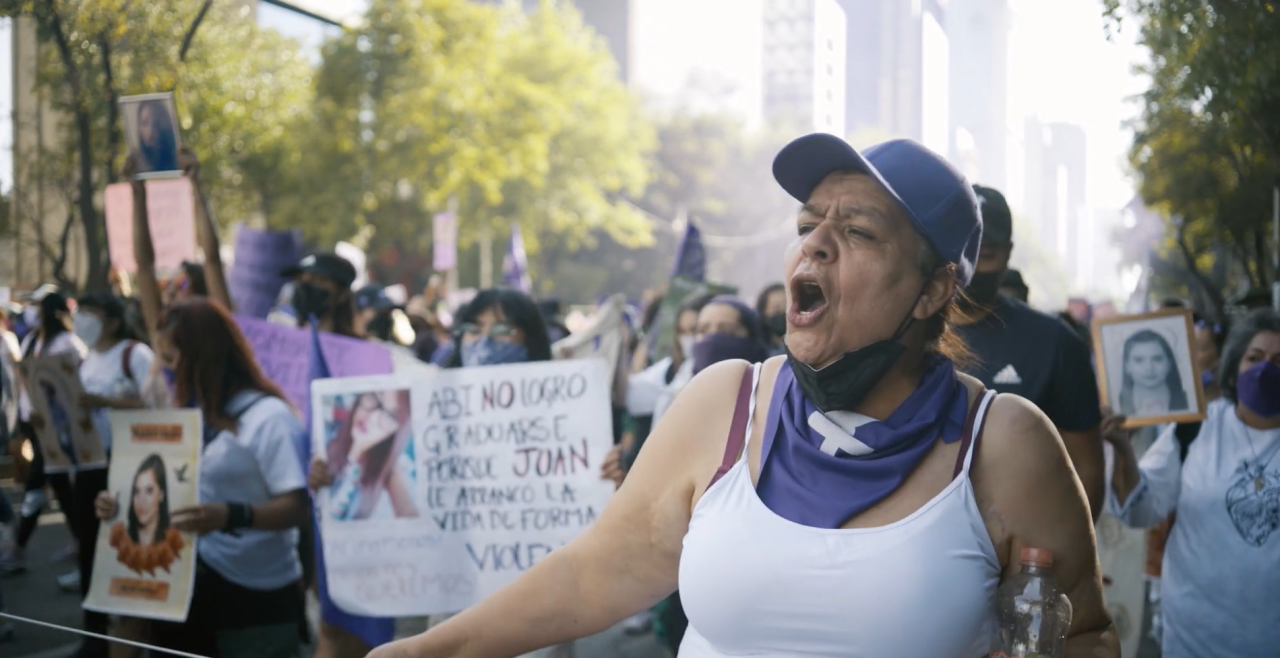
UNITED NATIONS, Geneva – When Norma Andrade’s daughter, Lilia Alejandra, was murdered in Ciudad Juárez in February 2001, Ms. Andrade’s life took on a new purpose. For decades, she has fought tirelessly for justice – not just for her own daughter, but for the more than 10 women killed every day in Mexico, where impunity for femicide perpetrators exceeds 95 per cent. Despite two attacks on her life, Ms. Andrade continues to call for accountability.
Her life’s work is the subject of a new documentary by journalist Brigitte Leoni, ‘Norma, in search of justice’ and a book, ‘As long as I scream, my daughter is alive: A mother's fight against femicide in Mexico’.
The documentary was recently presented by UN Women and Spotlight Initiative at the United Nations in Geneva together with the Kofi Annan institute and the Edelstam Foundation.
Below, Norma Andrade speaks about her experience.
In your view, what are the factors that continue to drive femicide?
There are different factors because it is a multifactorial problem. Impunity is certainly the biggest problem. The government has to do its job, it is their responsibility. It must protect women and condemn those who commit these acts of violence so that our whole society recognizes that killing a woman because she is a woman is a crime. Femicides exist primarily because men can kill with impunity. The other major problem is the patriarchal and macho Mexican culture that can only be solved with education. The fact that men believe that we are their property means that femicide persists, because they believe that we are theirs and that they can get rid of us as they want. The fact that we are considered disposable is a factor that ensures femicide continues.
"There must be a huge effort in education, to change the macho mentalities, because this way of thinking is very deep in the minds of men." - Norma Andrade, activist
Women have more and more power and in the last few years we have seen this with the considerable advances in our society in Mexico - in terms of parity, for example, in politics. There are more women in the parliament, in the political bodies, in the institutions in Mexico and now we have a woman president. And that is important because it can contribute to a lasting change if these elected women are able to make decisions to reduce femicides, but the problem for me is education. There must be a huge effort in education, to change the macho mentalities, because this way of thinking is very deep in the minds of men.
How has your pursuit of justice affected your life and family?
Alejandra's femicide had an incredible and lasting impact on me. It totally changed my life and my family's life. All the members of my family were impacted. My brothers, my sisters. I was a teacher and a grandmother raising my grandchildren, spoiling them, permitting things that their parents wouldn't allow them to do because I acted like a grandmother does.
I have had to change my approach and go back to being a mom and forcing them to obey and follow rules because suddenly, I was responsible for their education as a mother. Overnight, at the age of 40, I became a mother again. My personal and professional life changed totally.
I have become an activist to find out what happened to Alejandra, leaving my job as a teacher to search for justice. It’s not that I wanted to be an activist and then a human rights defender, the government made me what I am today because if mothers do not dedicate themselves to seeking the truth and asking for justice, nobody does it and our daughters are forgotten and do not exist for anyone. I have been fighting for 23 years and it was a long and difficult fight but I had no other choice.
What can be done to better protect women human rights defenders?
It is important that the government and international bodies recognize our work as mothers and give us the same status as human rights defenders as they do for journalists and lawyers working on human rights. We, the mothers, are twice victims of femicide. First, for having a daughter murdered and secondly because in seeking the truth we put ourselves in a dangerous situation putting our lives and those of our families at risk. As human rights defenders we become victims of attacks and threats. I have suffered two attacks with bullets and a knife. They wanted to kill me to cover my mouth. I was transferred and displaced from Ciudad Juarez to Mexico City and now I am under police protection but we do not have a special status as human rights defenders. My other daughter was threatened. Other mothers were forced to abandon their struggle. Other mothers were forced to leave the country.
The work of the searching mothers often touches very high and protected interests that do not allow us to continue our struggle, especially when we touch on child trafficking networks. Behind all of this, there are enormous economic interests. My case calls into question the officials who do their job for us. Not all civil servants are the same, there are some good ones but many of them are a scourge for our country and that must be condemned. But above all the mothers who seek the truth and who only want to have access to justice must be better protected. I was in Geneva last week to present the documentary made by Brigitte Leoni that follows my case since 2001 and we organized a workshop with Spotlight Initiative, UN Women Geneva and Mexico, the Kofi Annan Foundation and the Edelstam Foundation in which I discussed this important issue. I think we are making progress on this issue.
"We, the mothers, are twice victims of femicide. First, for having a daughter murdered and secondly because in seeking the truth we put ourselves in a dangerous situation putting our lives and those of our families at risk." - Ms. Andrade
Where do you draw your courage from?
I wake up every day with the faces of my two children, (the two children of my daughter Alejandra murdered in 2001), trusting the mother that I am today and counting on their grandmother to defend them. The trust they have in me is so great that I cannot fail them. When I see them, I cannot fail them. It is also a promise I made to Alejandra when I was watching over her body on February 21, 2001. I will not stop before I find out who killed her and why. My children support me and are with me in my struggle. And this gives me the courage and determination that I have had for 23 years. Now I am also fighting for at least the 3,000 children orphaned by femicides in Mexico to be protected by a law. Chile and Italy have laws to better protect these children and I am fighting for all these children in Mexico to have a statute so they don't end up on the street, or getting into drugs or prostitution because sometimes they have no one to take care of them. It is important. I have been able to care for my two grandchildren who are now my children, but many have no one. There is one case of a 21-year-old girl who has had to care for the four children of her murdered sister. We are facing a very critical situation and the government has to act and help these children.
What gives you hope for a better future?
I have fought for 23 years for Alejandra's case to reach the Inter-American Court of Human Rights to help all the “other Alejandras” murdered in my country. I have waited for years and years but finally, the case is before the Court. It will be the second case presented to the Court since 2009 and since the Campo Algodonero case when the Mexican government was condemned in 2009. This means a lot to me. I want Alejandra's case, and the sentence rendered probably at the end of next year, to be a historic and exemplary sentence, with concrete resolutions and measures for all families who have a murdered or disappeared daughter in Mexico. More than 50,000 girls have been murdered in Mexico since Alejandra's death in 2001 and these figures are certainly underestimated. I hope that the ruling creates a precedent for all of Latin America. The Court's ruling must show that killing women is unacceptable and intolerable. I hope that my fight and Alejandra's case will serve all mothers and all women in my country, and this is very positive for me and makes me very happy.
As told to Brigitte Leoni. The interview has been translated from Spanish and edited lightly for length and clarity.

